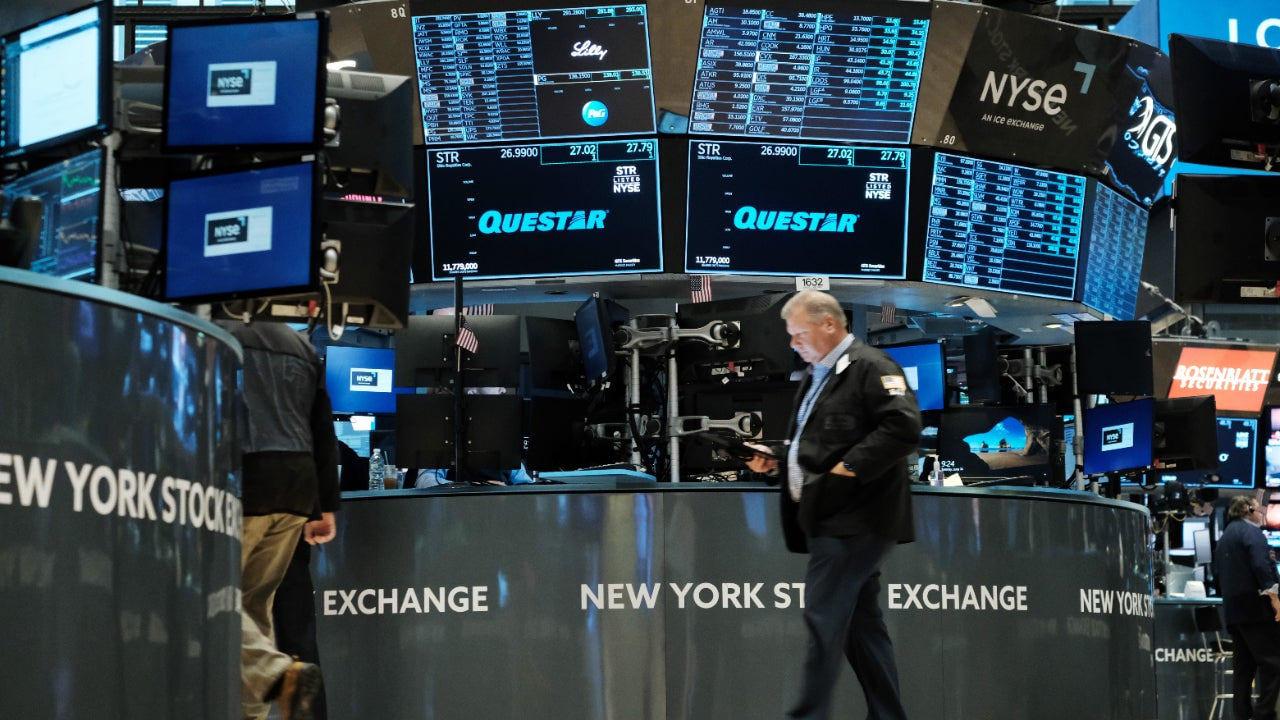Israel's Targeted Strikes on Iran: A Deep Dive into Geopolitical Implications
Meta Description: Israel-Iran conflict, military strikes, geopolitical tensions, Middle East, Netanyahu, security implications, regional stability, international response.
This isn't just another news story; it's a powder keg waiting to explode. Imagine this: the hushed tones of a late-night security cabinet meeting, the grim determination etched on the faces of Netanyahu and Gallant, the whirring of unseen machinery deep underground… then, BOOM! Explosions rock Tehran. This isn't some Hollywood script; this is the stark reality of the escalating conflict between Israel and Iran, a situation fraught with unpredictable consequences that could reshape the geopolitical landscape of the Middle East and beyond. This isn't just about military action; it's about the intricate web of alliances, historical grievances, and proxy wars that now threatens to ignite a full-blown regional conflagration. We delve deep into the intricacies of this crisis, exploring the motivations behind Israel's actions, the potential ripple effects across the region, and the precarious path towards – or away from – a wider conflict. We look beyond the headlines, analyzing the strategic implications, the potential for escalation, and the vital role of international diplomacy in navigating this perilous period. Get ready for an in-depth, unbiased analysis that goes beyond the soundbites, offering insights that will leave you better informed and better prepared to understand the unfolding drama in the heart of the Middle East. Prepare to be shocked, informed, and possibly even a little terrified – because the stakes couldn't be higher.
Israel's Military Actions Against Iran: A Strategic Analysis
The recent Israeli strikes against Iranian military targets represent a significant escalation in the ongoing tensions between the two nations. Understanding the context requires looking beyond the immediate triggers and examining the long-term strategic considerations driving both sides. It’s a chess game played on a global stage, with high stakes and few clear winners.
Israel's stated rationale centers on preemptive self-defense. The IDF (Israel Defense Forces) claims these strikes were a response to recent Iranian-backed attacks on Israeli assets. However, this narrative needs to be viewed within the larger geopolitical context. For years, Israel has expressed deep concern about Iran's nuclear program and its support for regional proxies like Hezbollah. These strikes, therefore, can be interpreted as part of a broader long-term strategy aimed at containing Iran's regional influence and preventing its acquisition of nuclear weapons. This is a strategy that has been pursued for decades, with varying degrees of intensity.
The timing of these strikes is also crucial. The current political climate in Iran is one of internal instability and economic hardship. Israel likely assessed that this internal vulnerability creates a window of opportunity for decisive, if risky, action. However, this analysis is purely speculative, and the actual motivations are likely far more complex and involve a multitude of internal and external factors that are not publicly known.
The nature of the strikes themselves – described as "precise" by the IDF – is also telling. This suggests an attempt to minimize civilian casualties and collateral damage, potentially aiming to avoid a significant escalation of the conflict. However, even "precise" strikes can have unintended consequences, and the potential for miscalculation remains high. This is a high-stakes game of limited war, or at least that's the goal, but the potential for unintended consequences is ever-present.
Analyzing the Geopolitical Fallout
The aftermath of these strikes is likely to be complex and multifaceted. The immediate reaction from Iran is predictably furious. We've seen condemnations and threats of retaliation, but the actual response remains to be seen. Will Iran respond in kind with direct strikes against Israeli targets? Or will they opt for a more indirect approach, resorting to proxy attacks through groups like Hezbollah or other regional actors?
The international community's response is another critical variable. The UN Security Council is likely to be the central forum for discussions. Expect heated debates, with countries like Russia and China likely to shield Iran, while the US and its European allies may adopt a more measured approach, balancing condemnation of violence with a call for de-escalation. This balancing act is incredibly difficult.
The regional implications are especially significant. The already volatile Middle East could see further instability. Neighboring countries could be drawn into the conflict, either directly or indirectly. We could see increased tensions between Sunni and Shia factions, exacerbating existing sectarian conflicts. The potential for a wider regional conflict is a real and present danger.
The Role of International Actors
The international community plays a crucial role in de-escalating the situation. However, the effectiveness of international diplomacy is often constrained by the competing interests and geopolitical ambitions of various actors. The US, a key ally of Israel, will face difficult choices. It will need to balance its commitment to Israel's security with the need to prevent a wider regional conflict. Simultaneously, it must navigate its own complex relationship with Iran. A tricky situation, indeed!
International Organizations like the UN have a vital role to play in conflict resolution, but their effectiveness depends on the willingness of all parties to engage in good-faith negotiations. The challenge lies in the lack of trust between Israel and Iran, which makes any diplomatic efforts extremely difficult.
Table 1: Potential Responses to Israeli Strikes
| Actor | Potential Response | Likelihood | Impact |
|-----------------|----------------------------------------------------|-------------|-------------------------------------------------|
| Iran | Direct military retaliation against Israeli targets | Medium | Significant escalation of conflict |
| Iran | Proxy attacks through Hezbollah or other groups | High | Prolonged conflict, regional instability |
| Hezbollah | Increased attacks against Israeli targets | High | Heightened tensions along the Lebanese border |
| International Community | Diplomatic efforts to de-escalate the situation | High | Variable, depending on effectiveness of diplomacy |
Frequently Asked Questions (FAQs)
-
Q: What were the stated reasons for the Israeli strikes? A: Israel stated the strikes were a preemptive response to Iranian-backed attacks and to counter what it perceives as an existential threat from Iran's nuclear program and regional ambitions.
-
Q: What is the likelihood of a wider regional conflict? A: The likelihood is uncertain, but the risk is undeniably high. The situation is extremely volatile, and a miscalculation by any party could easily trigger a wider conflict.
-
Q: What role can international diplomacy play? A: International diplomacy is crucial, but its effectiveness depends on the willingness of all parties to engage constructively. The current lack of trust makes this a major challenge.
-
Q: How might Iran respond to the strikes? A: Iran’s response could range from direct military retaliation to more indirect methods like proxy attacks or cyber warfare. Predicting their exact response is difficult, but many potential scenarios exist.
-
Q: What are the potential consequences for the region? A: The consequences could be severe. Increased regional instability, further escalation of existing conflicts, and potential humanitarian crises are all possible outcomes.
-
Q: What is the long-term outlook for Israel-Iran relations? A: The long-term outlook is bleak. Unless there is a significant shift in the strategic calculations of both sides, the relationship is likely to remain tense and confrontational for the foreseeable future.
Conclusion
The Israeli strikes against Iranian targets represent a significant escalation in the already tense relationship between the two countries. The situation is highly volatile, and the potential for a wider regional conflict is a real and present danger. International efforts to de-escalate the situation are crucial, but the success of these efforts depends critically on the willingness of all parties to engage in good faith and prioritize de-escalation over further confrontation. The coming days and weeks will be critical in determining the trajectory of this dangerous conflict. The world watches with bated breath.



